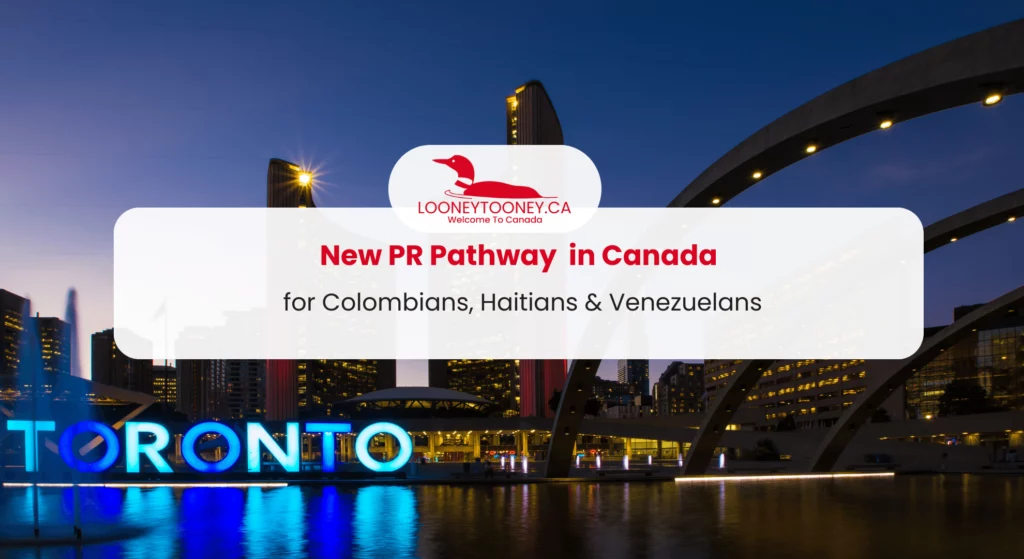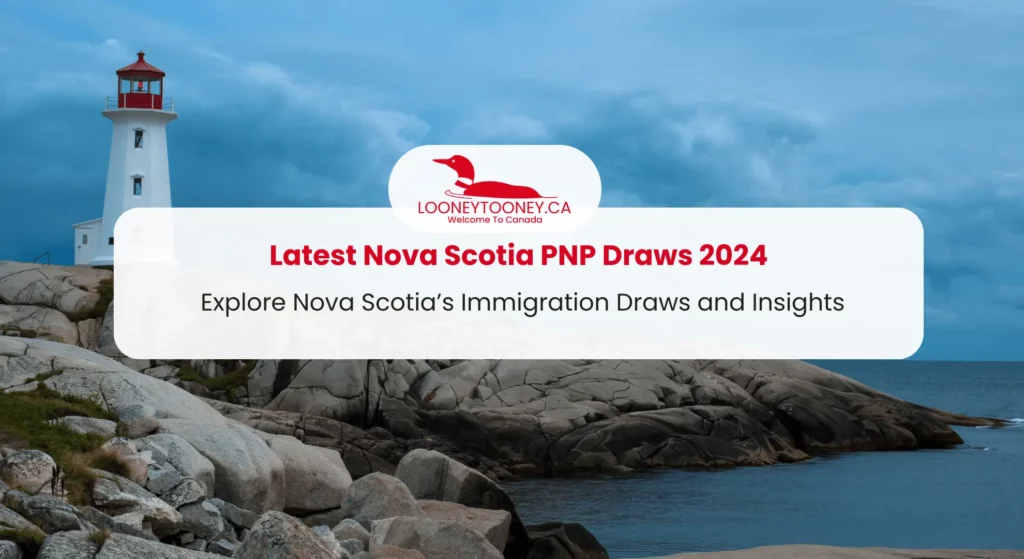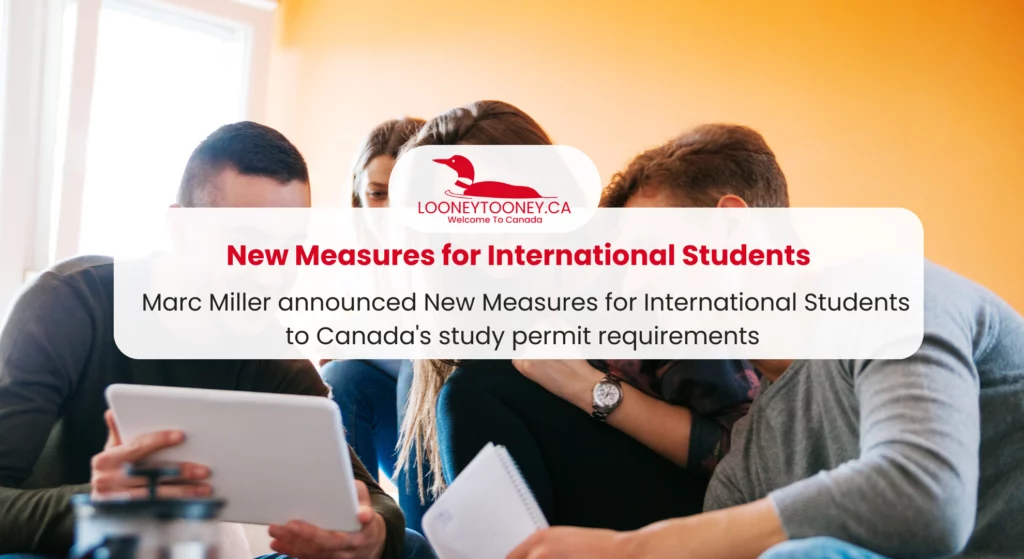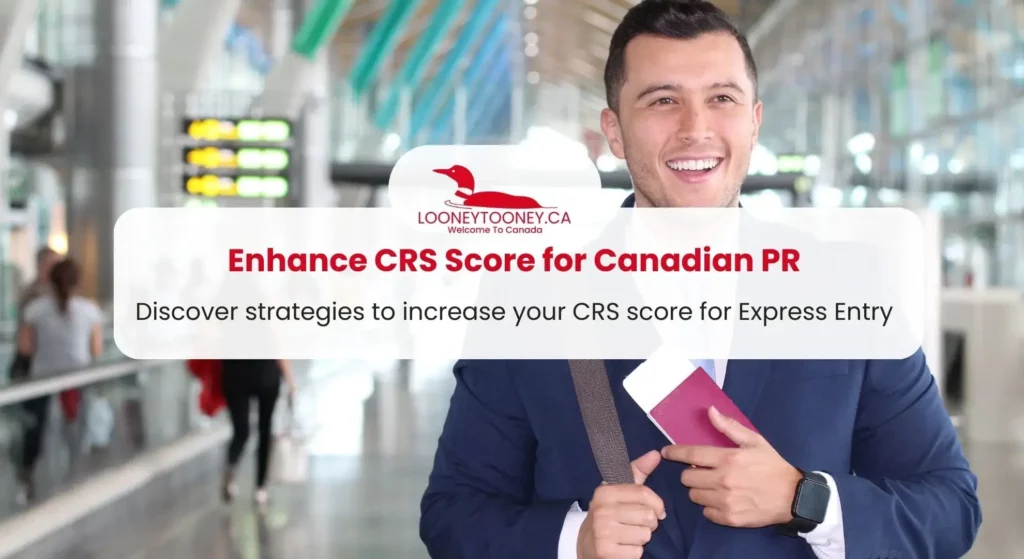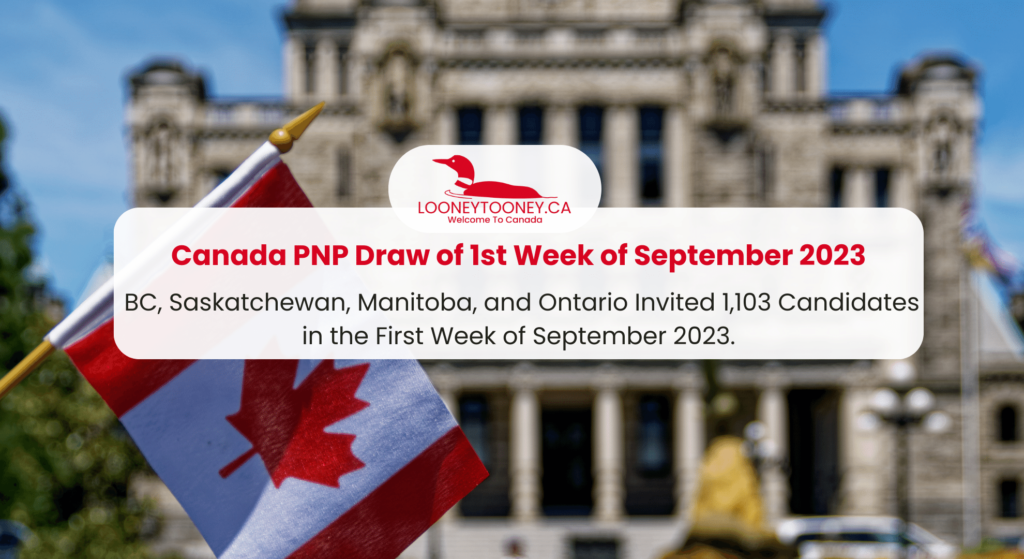An opportunity has arisen for Colombian, Haitian, and Venezuelan foreign nationals to apply for Canada’s new Permanent Residency (PR) pathway. Immigration Minister Marc Miller introduced this dedicated humanitarian pathway on October 10, 2023. This new PR pathway aims to accommodate up to 11,000 individuals. They should have family ties in Canada, and meet the specified requirements.
Table of Contents
- Eligibility Criteria for the New PR Pathway
- Am I qualified to serve as an “anchor” for my relatives?
- Special Support for Eligible Applicants in new PR pathway
- Rationale Behind the New PR Pathway
- Responsibilities as an anchor in the new PR pathway
- Settlement Services for Approved Applicants
- How to Apply for the New PR Pathway?
- Forms to be filled for New PR pathway
- Documents required for New PR pathway
- New PR Pathway for Colombians, Haitians & Venezuelans in Canada FAQs
Eligibility Criteria for the New PR Pathway
To qualify for application of this immigration pathway, you must:
– Hold citizenship in Colombia, Haiti, or Venezuela.
– Reside in Mexico, Central or South America, or the Caribbean.
– Be a spouse, common-law partner, child (regardless of age), grandchild, parent, grandparent, or sibling of a Canadian citizen or permanent resident willing and eligible to support your application (referred to as an “anchor”).
– Intend to reside outside of Quebec.
– Possess a valid passport or an eligible travel or identity document.
Your immediate family members, including dependent children under 22, spouses, or common-law partners, can be included in your application.
Am I qualified to serve as an “anchor” for my relatives?
To act as an anchor in this new PR pathway, you must meet the following criteria:
– Hold Canadian citizenship or be a permanent resident aged 18 or older.
– Reside in Canada, excluding the province of Quebec.
– Not be under a removal order.
– Not be currently detained in any penitentiary, jail, reformatory, or prison.
– Have not been convicted in Canada of the offense of murder or an offense outlined in Schedule I or II of the Corrections and Conditional Release Act, or outside Canada for an equivalent offense, unless a period of five years has elapsed since the completion of your sentence.
– Not be in default of any sponsorship undertaking or support payment obligations ordered by or registered with a court.
– Also regarding the repayment of any debt specified in subsection 145(1) of the Immigration and Refugee Protection Act payable to His Majesty in right of Canada.
– No undischarged bankrupt under the Bankruptcy and Insolvency Act.
– No social assistance for reasons other than disability.
– Have not accepted, and comprehend that you are not permitted to accept any financial compensation from the foreign national and their accompanying family members.
Special Support for Eligible Applicants in new PR pathway
The Immigration, Refugees and Citizenship Canada (IRCC) will provide comprehensive support to eligible applicants, including:
– Waiving the Right to Permanent Residency Fee, application costs, and biometric fees.
– Offering pre-departure medical care to ensure health and safe travel to Canada.
– Providing the equivalent of three months of financial aid upon arrival in Canada to assist with settling.
– Offering free settlement services before and after arrival to aid assimilation into Canadian society and the labor force.
Additionally, Canada is welcoming an extra 4,000 workers from the Americas through existing temporary worker programs.
Rationale Behind the New PR Pathway
The surge in illegal migration across Central America has led to increased migrant smuggling, physical insecurity, and exploitation. The new PR pathway is part of Canada’s commitment to humanitarian efforts, intending to welcome 15,000 Western Hemisphere migrants. This commitment was made during Joe Biden’s visit to Canada in March 2023 and aims to alleviate migratory pressures in the Western Hemisphere.
The IRCC will continually assess the progress of the pathway and make necessary adjustments to achieve its objectives.
Responsibilities as an anchor in the new PR pathway
In your role as an anchor, you are entrusted with the task of assisting the applicant in establishing themselves in Canada and providing support to both them and their family members for a duration of one year as they adapt to their new life.
Welcoming and Addressing Basic Needs
Upon the applicant’s arrival (and their family, if applicable), your responsibilities include meeting them at the airport, facilitating their accommodation, and aiding them in finding a suitable home. Ensuring access to essentials such as food, clothing, and other basic necessities during their initial year in Canada is also part of your role. Additionally, you are expected to familiarize them with life in Canada, including guidance on public transportation, banking, shopping, and informing them of their rights and responsibilities.
Access to Essential Services
Beyond basic needs, your responsibilities extend to assisting the applicant in interpreting information and arranging vital services. This includes helping them establish a bank account for receiving financial assistance and enrolling in provincial and federal programs and benefits. You will guide them through processes such as applying for a Social Insurance Number and securing provincial health care coverage.
Furthermore, you are accountable for assisting the applicant in finding healthcare providers such as a family doctor, dentist, and eye care specialist. Any other medical needs applicable to them and their family should also be addressed. Ensuring the enrollment of children in school is crucial. Additionally, you should help them access employment-related services, including those referred to during pre-arrival support or other settlement services provided by organizations proficient in English and French. These organizations can offer assistance with language training and provide information about life in Canada.
Settlement Services for Approved Applicants
Individuals approved to come to Canada may be eligible for the following settlement services:
– Pre-arrival services, encompassing an employment skills assessment and a referral to a settlement service provider organization in their intended community.
– All settlement services available under the Settlement Program (in English and French).
– Transitional financial assistance through the Resettlement Assistance Program to address settlement needs upon arrival.
How to Apply for the New PR Pathway?
Applicants must apply online through the IRCC portal. The anchor, a Canadian citizen or permanent resident family member, must sign a statutory declaration expressing their willingness to support the applicant in Canada.
Forms for New PR pathway
1. Generic Application Form for Canada: Completed by the principal applicant.
2. Additional Family Information: Completed by the principal applicant, as well as the spouse or partner and each dependent child over the age of 18, whether accompanying or not.
3. Schedule A – Background/Declaration: Detailed personal history from the last 10 years or since the age of 18, if under 28 years old.
Documents required for New PR pathway
Make sure you have these documents handy
1. Schedule 1: Declaration: To be completed and signed by the principal applicant (available once applications launch).
2. Statutory Declaration for the anchor: To be completed, signed by the anchor, and uploaded by the principal applicant (available once applications launch).
3. Use of a Representative: If utilizing an immigration representative (lawyer or consultant), both the principal applicant and representative must complete, print, sign, and date this form, submitting it via the representative’s account.
4. Authority to Release Personal Information to a Designated Individual: Authorizing Immigration, Refugees, and Citizenship Canada (IRCC) and Canada Border Services Agency (CBSA) to release information to a non-representative.
5. Proof of Relationship: Documentation demonstrating the relationship between the principal applicant and the anchor (e.g., birth certificates to establish family link).
6. Proof of Status: Document for the anchor providing proof of Canadian citizenship or permanent resident status.
7. Identity and Civil Status Documents: Provincial government-issued identification from the anchor displaying full name, date of birth, and address to demonstrate residence outside Quebec.
8. Police Certificate(s): For the principal applicant and dependents over 18, certificates from each country or territory resided in for six or more consecutive months since the age of 18.
9. Travel Documents and Passports: Passports, travel documents, or other identification proving nationality for the principal applicant and dependents.
10. Photo: One recent photo for the principal applicant and each family member, taken within six months of application submission (in JPG or JPEG format).
New PR Pathway for Colombians, Haitians & Venezuelans in Canada FAQs
Q. How can I apply for the New PR Pathway for Colombians, Haitians & Venezuelans in Canada?
A. To complete your application, utilize the online IRCC portal. Additionally, you are required to furnish a signed statutory declaration from your anchor, affirming their willingness to provide support for you in Canada.
Q. What settlement services will be available for those who are approved to come to Canada?
A. Those approved to come to Canada may access settlement services, including pre-arrival services such as employment skills assessment and referrals to settlement service providers in their intended community.
Q. As an anchor, what are my responsibilities?
A. As an anchor, your primary responsibility is to assist the applicant and their family during their initial year in Canada. This involves welcoming them at the airport, helping find accommodation, and ensuring access to basic needs. Your role extends to introducing them to Canadian life, assisting with public services, and guiding them through essential paperwork like opening a bank account and enrolling in healthcare programs.
Q. What are the eligibility criteria for the Immigration pathway for Colombian, Haitian and Venezuelan nationals with family in Canada?
A. To qualify for application, you must be a Colombian, Haitian, or Venezuelan national situated in Mexico, Central or South America, or the Caribbean. You should be a spouse, common-law partner, child (regardless of age), grandchild, parent, grandparent, or sibling of a Canadian citizen or permanent resident willing and eligible to support your application as an “anchor.” It’s essential to plan to reside outside Quebec and possess a valid passport or eligible travel/identity document. Additionally, your immediate family members, including dependent children under 22, spouses, or common-law partners, can be included in your application.
Final Word
In conclusion, the newly established Family Sponsorship Immigration pathway offers a compassionate and practical solution for Colombian, Haitian, and Venezuelan nationals seeking permanent residency in Canada. This humanitarian initiative not only strengthens family bonds but also aligns with Canada’s commitment to welcoming Western Hemisphere migrants.
By providing a clear and supportive process, the pathway reflects the nation’s dedication to addressing the challenges faced by those seeking refuge. As we look forward, this Family Sponsorship Immigration pathway stands as a testament to Canada’s ongoing efforts to create inclusive and diverse communities, fostering a brighter future for all those who embark on this transformative journey.

